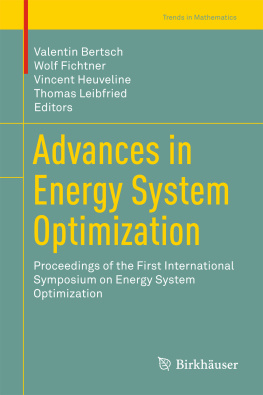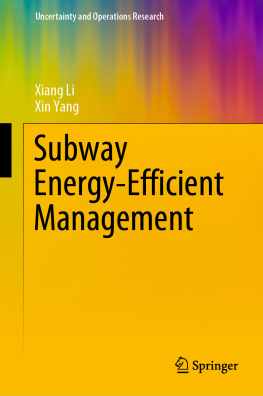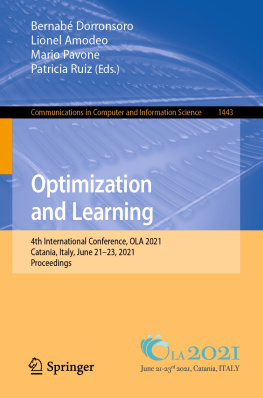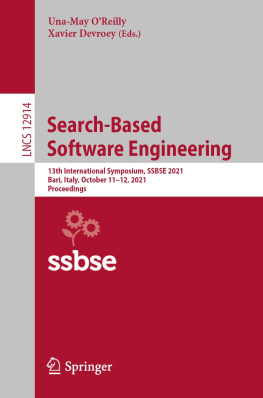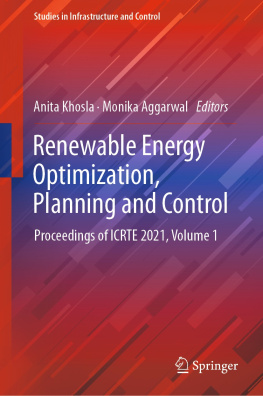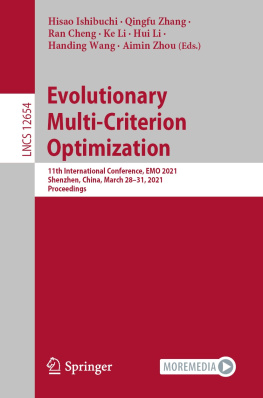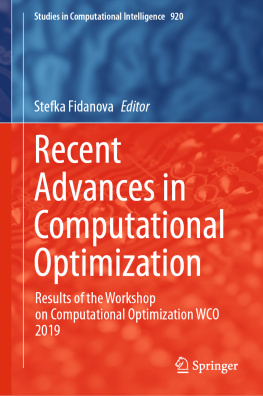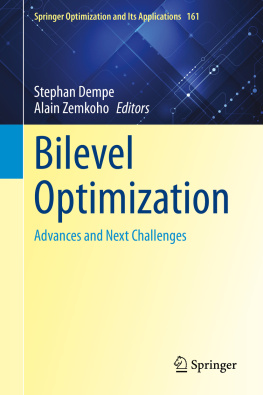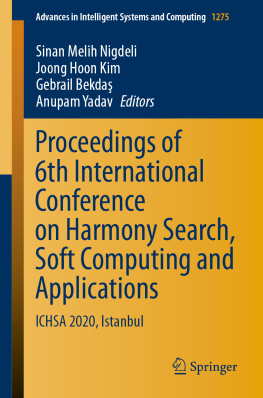Introduction
Electric power systems are currently witnessing important changes concerning the evolution to smart(er) grids, which are expected to accommodate the output variability associated with large-scale distributed generation based on renewables and the requirements of new loads such as EVs, both in G2V and V2G modes, and other storage systems, as well as local micro-generation. Pervasive Information and Communication Technologies (ICT) will allow a better monitoring of all system components, including demand-side resources. Bidirectional flows of information between the utility and end-users endowed with smart metering, with dynamic tariffs as the pricing mechanism, anticipate a more active role for the consumer / prosumer concerning energy usage behaviors and decisions (consumption, storage, generation, and exchanges with the grid) [] can be used in this setting to make the most of energy price information, weather forecasts, and operational requirements (e.g., comfort) to minimize the electricity bill.
Nonetheless, the implementation of DR actions is not straightforward to residential end-users mainly due to their necessary availability to engage in such actions, processing requirements of data originated from several sources, and the need to anticipate the corresponding impacts both on the electricity bill and the end-users satisfaction regarding the quality of energy services in use. EMS capable of offering decision support should then be used to assist end-users making optimal decisions on the integrated usage of all energy resources.
For this purpose a multi-objective model has been developed aimed at minimizing the electricity bill and the possible dissatisfaction caused to the end-user due to the implementation of DR actions, and exploring the trade-offs between these competing objectives. An evolutionary algorithm (EA) [] to cope with the multi-objective and combinatorial nature of the model has been designed. This EA has been tailored to the physical characteristics of the problem, namely using adequate solution encoding schemes and customized operators that fit the type of load being managed and the corresponding DR actions.
In addition to the technical restrictions associated with the manageable loads [], operational and quality of service constraints are also included into the model, namely time slots for allocating shiftable loads, temperature bounds for thermostatically controlled loads, desired state of charge (SoC) of the EVs battery and stationary storage system. The cost objective function takes into account dynamic tariffs. The dissatisfaction objective function encompasses penalties associated with:
allocating the working cycles of the shiftable loads in less preferred time slots;
not respecting the desired level of the SoC of the EVs battery when using the EV in V2G mode;
assessing the temperature deviation caused by the DR actions when compared to the reference case with no DR actions implemented in thermostatically controlled loads;
preventing the interruption of energy supply due to overcoming the contracted power.
Simulation results show that significant savings might be achieved by such EMS comparing to a reference case without an EMS installed. These savings are due to the optimized management of end-use loads, local micro-generation, and storage systems including the EV in V2G mode.
The remainder of the paper is structured as follows. Section .
Methodology
Optimization algorithms have been extensively used to manage energy resources []. The aggregator is mostly used for dealing with energy flows associated with EVs either in V2G and G2V modes.
This work differs from previous ones since it aims at an integrated optimization of multiple residential energy resources [] through the implementation of a wide range of DR actions. The impact of the DR actions is assessed through the use of:
physically based models to reproduce the power profile of thermostatically controlled loads;
a generic dynamic model parameterized to represent the stationary storage system;
real data for shiftable loads;
set of rules based on real data for EVs when used in the G2V mode.
The EV can be used under two different modes: either as a load that only consumes energy (G2V) or as a stationary system that can sell stored energy to the grid or use it for self-consumption when kWh prices are high (V2G). In this latter option the EV is expected to be fully charged by a certain hour; otherwise, there is a dissatisfaction penalty associated with not meeting this requirement.

